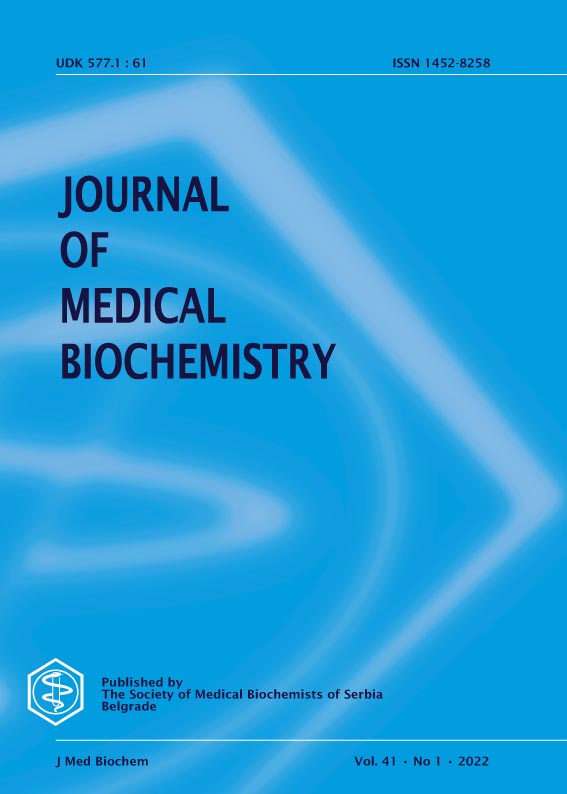SSRP1 Affects Growth and Apoptosis of Gastric Cancer Cells Through AKT Pathway
SSRP1 promotes growth of gastric cancer cells
Abstract
Background: We aimed to figure out the SSRP1's potential influence on the apoptosis and proliferation of gastric cancer (GC) cells and its regulatory mechanism.
Methods: SSRP1 expression in GC cells and tissues was detected via quantitative reverse transcription-polymerase chain reaction (qRT-PCR). The interrelation between clinicopathological characteristics of GC patients and SSRP1 expression was analyzed via χ2 test, and the correlation between SSRP1 expression and overall survival rate was analyzed using Kaplan-Meier survival analysis. After knockdown of SSRP1 in AGS cells, the SSRP1 expression, colony formation ability, cell viability, cell cycle changes, apoptosis rate, and migration and invasion ability were detected through qRT-PCR, colony formation assay, CCK8 assay, flow cytometry and transwell test, respectively. Finally, the effects of down-regulation of SSRP1 on the expressions of phosphorylated-protein kinase B (p-AKT), B-cell lymphoma-2 (Bcl-2) and Bcl-2 associated X protein (Bax) were explored using Western blotting.
Results: SSRP1 displayed a high expression in GC cells and tissues. SSRP1 expression was closely interrelated to the TNM stage, lymph node metastasis and tumor size. The survival rate of patients was markedly shorter in high expression group than the lower expression group. After the knockdown of SSRP1 in cells, the viability and colony formation ability of AGS cells were inhibited. In addition, cell ration in the G1 phase was increased, while that in the S phase declined, and the cell invasion and migration were obviously weakened. It was found from Western blotting that the knockdown of SSRP1 could evidently suppress the protein levels of Bcl-2 and p-AKT, but promote the protein expression of Bax, indicating that silencing SSRP1 can inhibit the proliferative capacity and increase the number of GC cells through incativating AKT signaling pathway.
Conclusion: SSRP1 rose up in GC tissues and cells. Reduction of SSRP1 can inhibit the proliferative capacity and increase the number of GC cells through inactiving AKT signaling pathway.
Copyright (c) 2021 Tongyu Tang, Guohua Jin, Ruihong Zhao, Jianguang Zhang, Tingting Cao

This work is licensed under a Creative Commons Attribution 4.0 International License.
The published articles will be distributed under the Creative Commons Attribution 4.0 International License (CC BY). It is allowed to copy and redistribute the material in any medium or format, and remix, transform, and build upon it for any purpose, even commercially, as long as appropriate credit is given to the original author(s), a link to the license is provided and it is indicated if changes were made. Users are required to provide full bibliographic description of the original publication (authors, article title, journal title, volume, issue, pages), as well as its DOI code. In electronic publishing, users are also required to link the content with both the original article published in Journal of Medical Biochemistry and the licence used.
Authors are able to enter into separate, additional contractual arrangements for the non-exclusive distribution of the journal's published version of the work (e.g., post it to an institutional repository or publish it in a book), with an acknowledgement of its initial publication in this journal.

